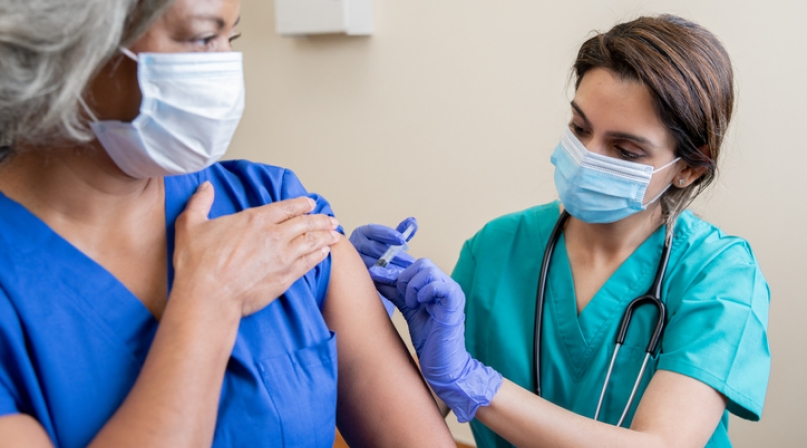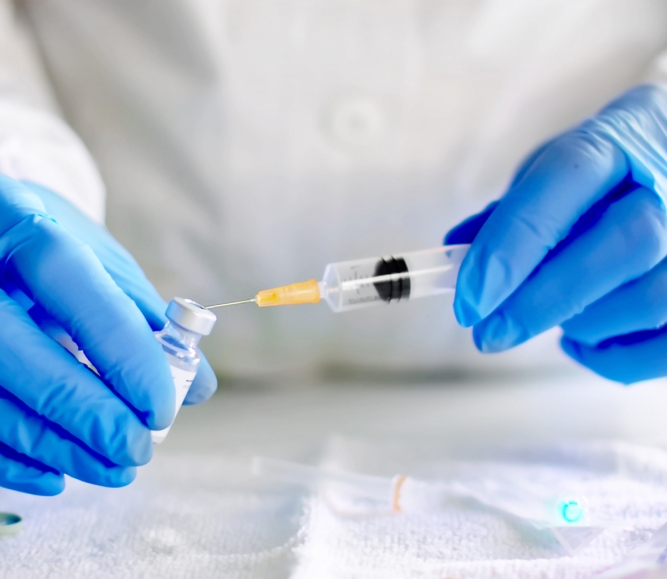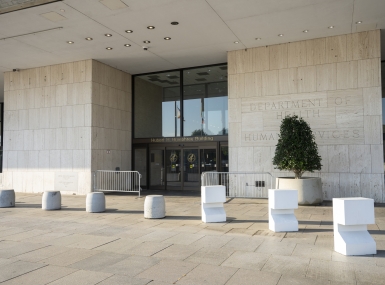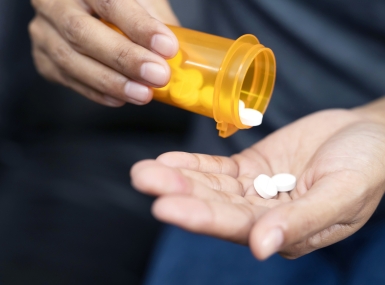Biden administration calls on state and local governments to provide $100 incentives to newly vaccinated individuals
Author

Eryn Hurley

Blaire Bryant
Upcoming Events
Related News

On July 29, the Biden administration called on state and local governments to utilize the $362 billion Coronavirus State and Local Fiscal Recovery Fund (Recovery Fund) to provide $100 payments to every newly vaccinated American as an incentive to boost vaccination rates. This request follows both updated Recovery Fund guidance from the U.S. Department of Treasury, which allows Recovery Fund recipients to use these dollars to pay for vaccine incentive programs, as well as the Center for Disease Control’s (CDC) updated indoor mask guidance in response to the recent surge in COVID-19 cases across the country.
In addition to this new directive, the Biden Administration announced the following efforts to increase the number of vaccinated Americans:
- Expanding paid leave to encourage children and families to get vaccinated: President Biden announced that small-and medium-sized businesses will now be reimbursed for offering their employees paid leave to get their family members, including children, vaccinated.
- Increasing vaccinations among adolescents as children return to school: President Biden called on school districts nationwide to host at least one pop-up vaccination clinic over the coming weeks. Additionally, the administration is directing pharmacies in the federal pharmacy program to prioritize this and to work with school districts across the country.
Counties are on the front lines in responding to this pandemic, especially when it comes to the development of COVID-19 vaccine programs and distribution of vaccines. As of June 29, counties have assisted in the administration of more than 325 million COVID-19 vaccine doses and have worked with our state and federal partners to overcome access and hesitancy barriers.
Visit NACo’s State and Local Fiscal Recovery Funds Hub for more information on eligible uses of Recovery Funds and our COVID-19 Clearinghouse for more information on ongoing vaccination efforts.
Resource
COVID-19 Vaccine Toolkit for Counties

Related News

U.S. Department of Health and Human Services announces major restructuring
On March 27, the U.S. Department of Health and Human Services (HHS) announced a sweeping reorganization that will consolidate agencies, shift key programs under a new framework and eliminate thousands of positions. This change brings HHS in line with President Trump's Executive Order, “Implementing the President’s ‘Department of Government Efficiency’ Workforce Optimization Initiative.”

U.S. Department of Health and Human Services moves to reduce public comment in rulemaking
On February 28, the U.S. Department of Health and Human Services (HHS) announced a policy change limiting public comment opportunities to only those required by law. Published in the Federal Register on March 3, the decision rescinds the “Richardson Waiver,” a 1971 directive from then-HHS Secretary Elliot Richardson that encouraged broader public input on regulations related to public benefits, grants and healthcare policies.

U.S. Department of Health and Human Services renews Public Health Emergency Declaration to address national opioid crisis
On March 18, the U.S. Department of Health and Human Services (HHS), under the direction of Secretary Robert F. Kennedy, Jr. renewed the public health emergency (PHE) declaration to address the ongoing opioid crisis, extending critical federal support for coordination, treatment expansion and research efforts. While overdose deaths have declined by 25.5 percent over the past year, synthetic opioids like fentanyl continue to drive fatalities, with approximately 150 Americans dying daily from overdoses.